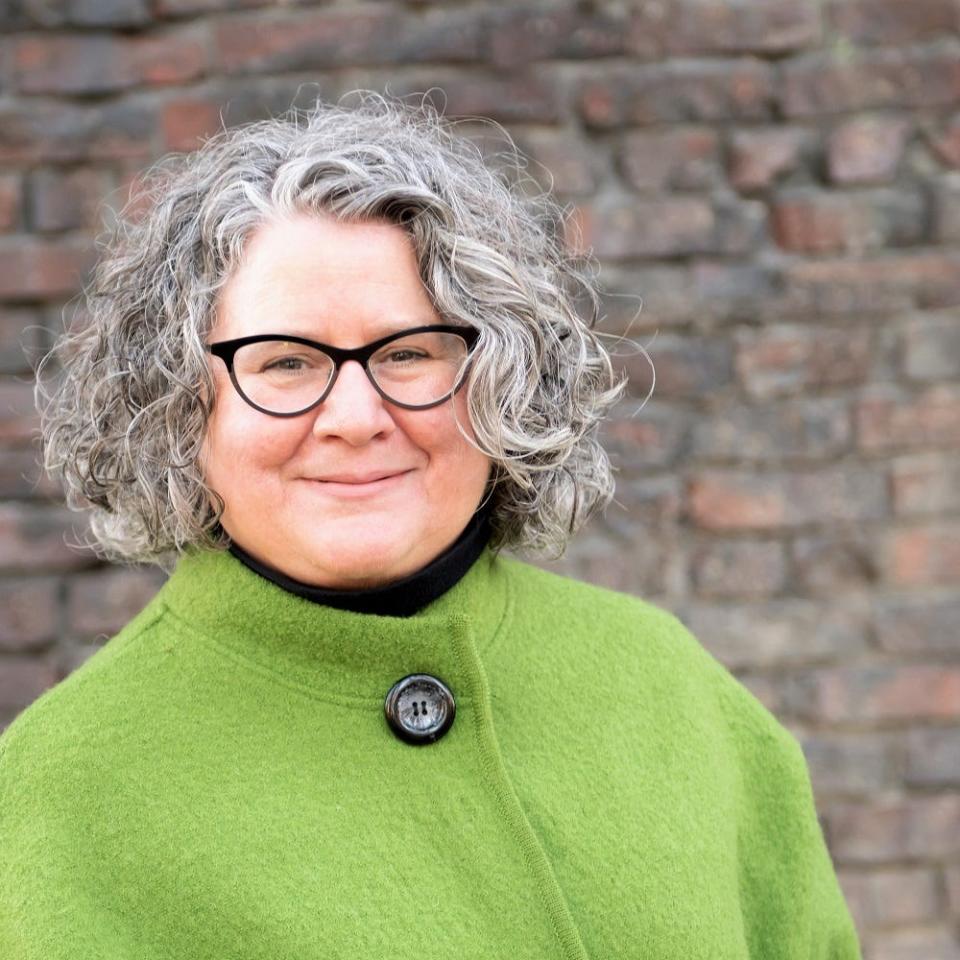Tennessee school board denies students valuable classroom lessons by banning 'Maus' | Opinion
To the McMinn County School Board in response to its unanimous decision to ban "Maus" by Art Spiegelman from McMinn County Schools' curriculum:
I am surprised that you hold a Pulitzer Prize-winning journalist to the same standard as middle and high school students re: language; that you equate literary speech with what might be said in a cafeteria.
Why? Because there is so much learning that can happen for adolescents when considering the difference between deploying a vulgarity in a book about life-threatening oppression and tossing it out to impress friends or just to try out how it sounds and feels.
A skilled teacher — and it sounds like there were some in the room when you discussed this book — can make the Holocaust lesson about so much more than what’s on the surface.
'Maus' is a powerful example of storytelling
A discussion about how language changes in different contexts is the sort of learning that might, ironically, have the result the McMinn County School Board rules dictate (no vulgar language) because in examining usage, students have gained a deeper understanding, intrinsically, of the power of words and might pause before they use “rough” language, because they have insight into speech that is hurtful.

And an experienced teacher would certainly ask student why Spiegelman chose to animate this story. They might ask, “How does the author’s genre choice make the story accessible in its form and yet, convey the horror more explicitly than a traditional novel?"
Hear more Tennessee Voices: Get the weekly opinion newsletter for insightful and thought provoking columns.
For students who have stories — horrific and otherwise — in them but cannot get those stories out of their brains and bodies in a traditional way, "Maus" is a powerful example of what is possible in storytelling.
It was the power of Spiegelman’s words — and images — that earned him a Pulitzer Prize. I wonder: do the students of McMinn County know Tennessee’s rich history with the Pulitzer Prize?
A teacher who knows the importance of connecting lessons to students’ lived experiences would be able to weave this detail about Tennessee into "Maus" curriculum, so students see and feel how close they are to great writers — and what might be possible for them in their lives.
McMinn school board misunderstands the Holocaust
These lessons, about language, genre, and the Pulitzer among Tennesseans are just a handful of learning opportunities you have banned along with the book.
These are, of course, separate and apart from the main point: Holocaust history.
While there are other resources for teaching this history, it is unlikely that they will be, as the journalist Yair Rosenberg pointed out, “wholesome” or “family friendly.”
To equate a Pulitzer Prize-winning book to “something on TV” and suggest, as you have, that omitting offensive words or nudity can “be the same story” is to misunderstand the Holocaust.
Sign up for Latino Tennessee Voices newsletter: Read compelling stories for and with the Latino community in Tennessee.
Sign up for Black Tennessee Voices newsletter: Read compelling columns by Black writers from across Tennessee.
Those years were full of unthinkable acts and decisions — and there is no way to omit that — to do so is to tell a different story.
As educators, surely you know the excellent book, by Nancy and Ted Sizer, "The Students are Watching."
If not, let me summarize: in it, the Sizers posit that students learn as much — or more — outside the classroom as in it by watching, studying, if you will, the adults in their lives.
They watch because they are hungry for clues on how to be an adult. And what they observe offers them tacit, unspoken guidance on how to be in the world.

Your state. Your stories. Support more reporting like this.
A subscription gives you unlimited access to stories across Tennessee that make a difference in your life and the lives of those around you. Click here to become a subscriber.
Students receive tacit permission to disrespect teachers
Here is what the students of McMinn County have observed and learned from your 10-to-0 vote to ban a Pulitzer Prize-winning book from their education: Their teachers’ expertise is not worthy of respect.

In one vote, you have dismissed years of training and experience, discounted hundreds of hours interacting with students, and ignored solutions based on this knowledge.
If you do not respect their educators, why should the students? What will keep them from flinging epithets and vulgarity in the direction of their teachers? You’ve given them tacit permission to do so, in your undermining of their teachers’ authority.
Perhaps, as an alternative approach to teaching Holocaust history, McMinn County teachers add the history of banned books — notably in Nazi Germany — to their curriculum, and explore with students how the root of book banning is usually ignorance twinned to power and its goal is oppression — and the root of it all is fear.
You, the ten members of the McMinn County School Board have voted to do what you believe is right. I understand that you think your decision is in response to what you perceive as vulgarity and not the Holocaust. And do you see the irrefutable irony here?
Consider: How does life-threatening oppression begin? By limiting access to learning. By banning books, which is just a half step — or a goose step — away from burning them.
Be careful: the students are watching.
Christine Johnson-Duell is an arts and culture consultant who has worked in Kentucky and Washington State. She holds an MFA in Creative Writing from the University of Washington.
This article originally appeared on Nashville Tennessean: Tennessee school board denies students valuable lesson by banning Maus

